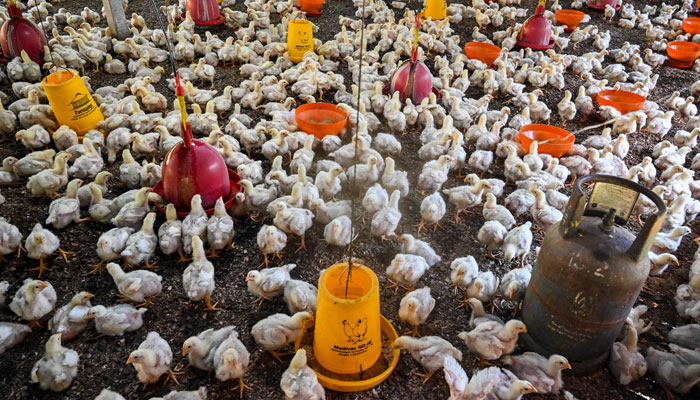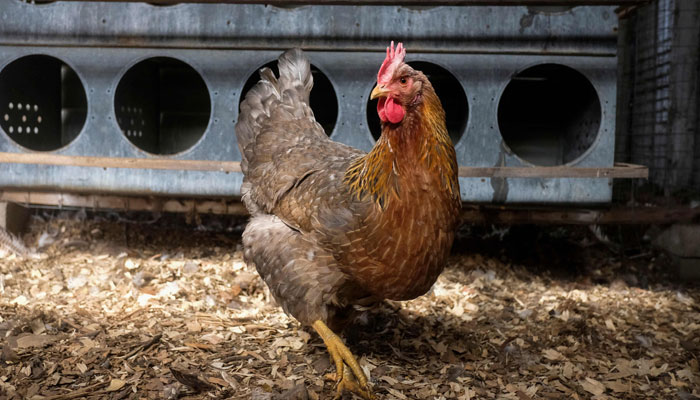[ad_1]

After a number of avian flu cases were reported in wild birds, Brazil declared a six-month emergency in the country Monday, making it easier for the government to take several countermeasures to prevent the spread of H5N1 from spreading.
Brazil is the world’s largest chicken meat exporter with yearly sales of $10 billion.
The development comes as seven cases were reported in Espirito Santo state, with another found in Rio de Janeiro state.
The health emergency has been declared as a precaution for the next 180 days.
Brazil’s agriculture ministry said later on Monday announced it had set up an emergency operations centre to coordinate, plan, and evaluate national actions related to avian influenza.
According to the authorities, the cases were found far away from Brazil’s main production areas in the country’s south, but the outbreaks in commercial flocks in other areas have sometimes been observed to follow the discovery of avian flu cases in birds.

In case of an infection report, a large number of birds are culled followed by trade restrictions from some countries.
The avian flu outbreak has been ongoing since 2021 with mammals contracting the virus.
It remains unclear why this outbreak Is proving to be severer than others; however, the World Organisation for Animal Health (WOAH) has reported “devastating impacts on animal health and welfare”.
The World Health Organization (WHO) said that the further spread of the H5N1 virus will have to be monitored closely to see whether it is mutating into a form which can spread amongst humans.
The infected cases are reported also in people when they come in close contact with infected birds.
Over the weekend, the Health Ministry said samples of 33 suspected cases of avian influenza in humans in Espirito Santo, where Brazil confirmed the first cases in wild birds last week, came back negative for the H5N1 subtype.
[ad_2]
Source link






